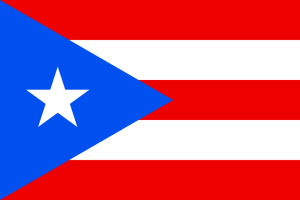
The Commonwealth of Puerto Rico, a United States territory located in the Caribbean, has defaulted on bond repayments to the government-owned Puerto Rico Public Financing Corporation (PFC), paying only $628,000 of the required $58 million. Most of these bonds are held by ordinary Puerto Ricans through local credit unions. In addition, the Puerto Rican government has suspended its scheduled monthly deposits to its general obligation redemption fund.
Puerto Rico is more than $70 billion in debt, and its economy continues to contract. Faced with economic uncertainty, many Puerto Ricans—who are United States citizens—have been leaving the territory and migrating to the mainland, breaking records that have stood since the 1950s. Like Greece, which defaulted on its obligations last month, Puerto Rico created this crisis by providing levels of government service that far outstrip its tax revenues. The situation has been exacerbated by a shrinking population and an under-performing island economy.
At earlier stages in the crisis, White House officials categorically stated that there would be no federal bailout of Puerto Rico.
Puerto Rico was ceded to the United States in 1898 following the end of the Spanish-American War, though—in violation of the Fourteenth Amendment—Puerto Ricans were not granted United States citizenship until 1917. It is a self-governing United States territory, subject to U.S. sovereignty and managed much like a state, but because it is not a state it does not have voting representation in Congress, nor does it participate in presidential elections. Puerto Ricans have repeatedly voted to continue as part of the United States, though in the most recent ballot they voted in favor of becoming a state. The U.S. Congress has not yet taken action on the request, and another referendum may yet be held.

